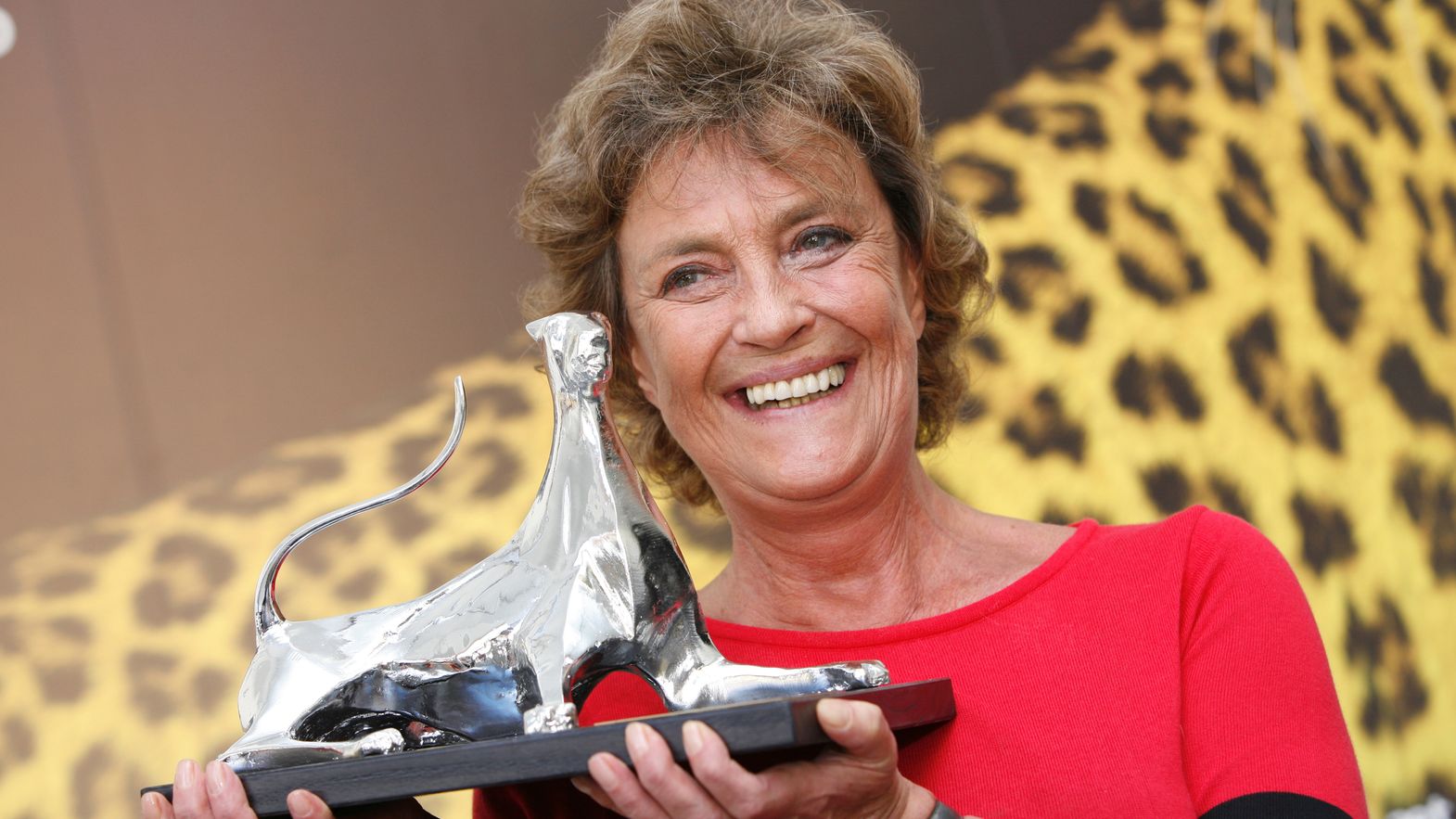
She was a lady of the stage, a girl of the small screen, a mother of the set. The world of film bids farewell to Ilaria Occhini, one of the last remaining Italian divas, an intelligent woman and a ladylike actress. She was talented, elegant and friendly, and it was hard to not grow fond of the characters who made her a household name among Italian families Ilaria Occhini was a daughter of the stage, in every shape and form. Born into the arts, she was the granddaughter of Giovanni Papini, who made her the subject of the shorts story La mia Ilaria. Over the course of a long career that began at a very young age, Occhini experienced her craft, acting, on stage, in film and on television.
Having starred in many acclaimed Rai productions, Ilaria Occhini also lived through one of the most exciting season of Italian theater, working for Luchino Visconti or alongside Vittorio Gassman, and being directed by Peppino Patroni Griffi or Luca Ronconi. Her trademark ladylike manners came with her onto sets run by Mario Monicelli (Doctor and Healer, 1957), Ugo Tognazzi (His Women, 1961), Dino Risi (Complexes, 1965) and Francesca Archibugi (Tomorrow, 2001). And perhaps those ladylike manners, her polite voice that told and never screamed, are what led to a second cinematic youth, at the dawn of the new century. In the 2000s, Ilaria Occhini conquered the Italian big screen again, appearing in Federico Bondi's Mar Nero (2008) and Ferzan Özpetek's Loose Cannons (2010). Those two splendid performances earned her a David di Donatello in 2010 and a Pardo d'oro in 2008. Right here, in Locarno, during a summer when the audience reconnected with or partly discovered this wonderful lady of cinema.
Perhaps Ilaria Occhini's secret was that while she loved acting immensely, she respected the craft first and foremost. She respected the rules, the betrayals, the pains. That attitude allowed to turn to the camera, and the audience, with the constant credibility of a girl, a mother, a decent woman. "I'll never get used to delivering the first line", she wrote in her autobiography. "I try to modulate, pace, pitch it. But each time, it's like dying."